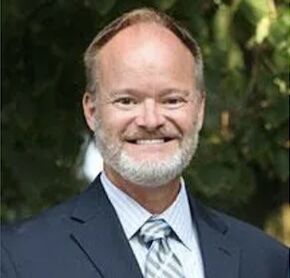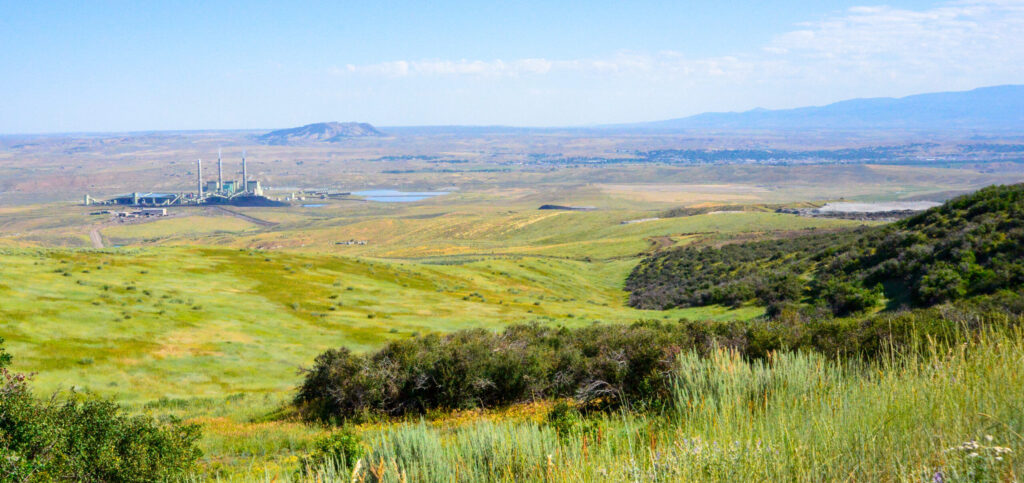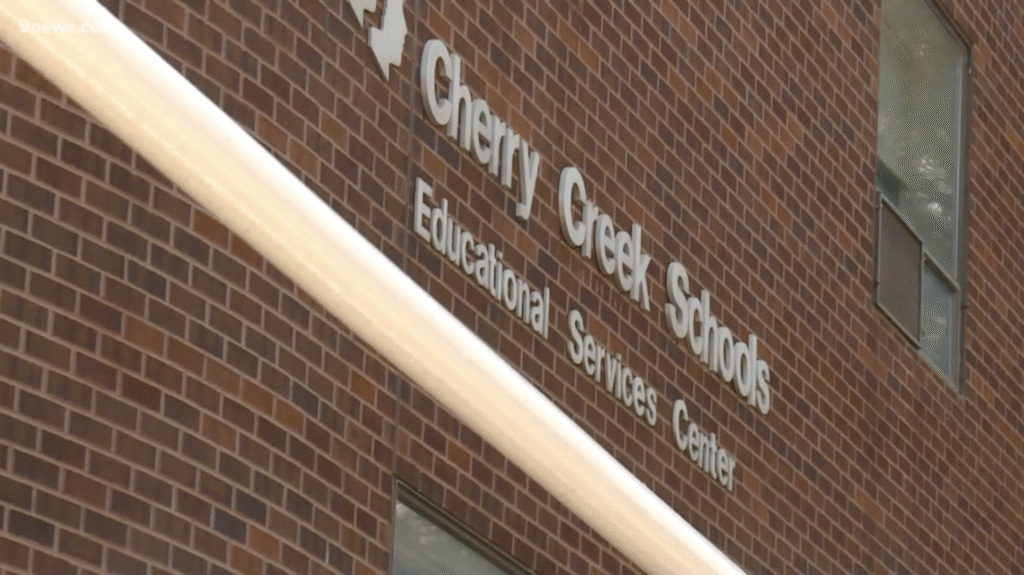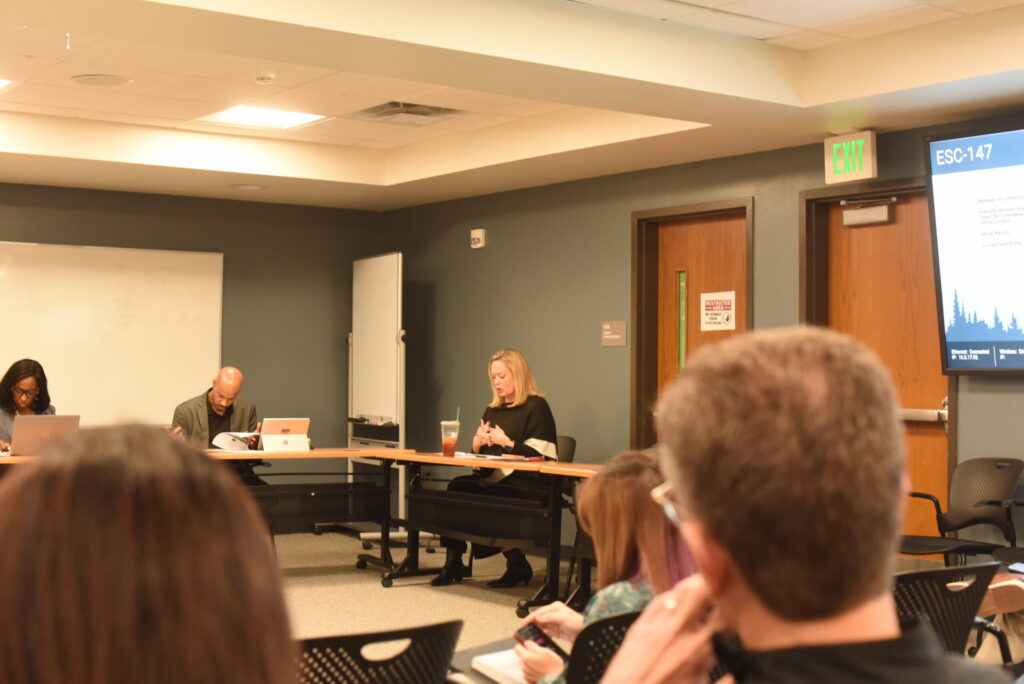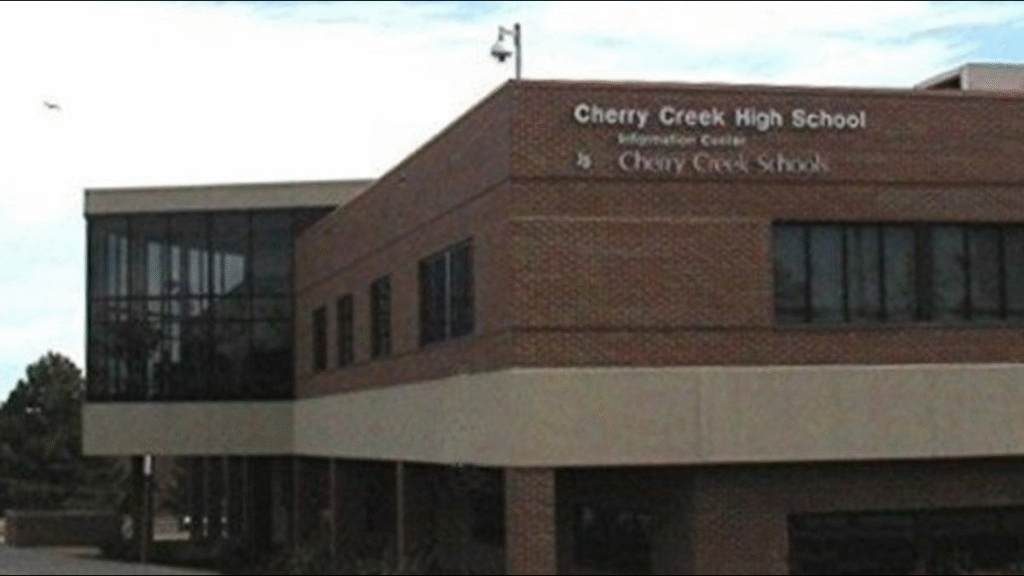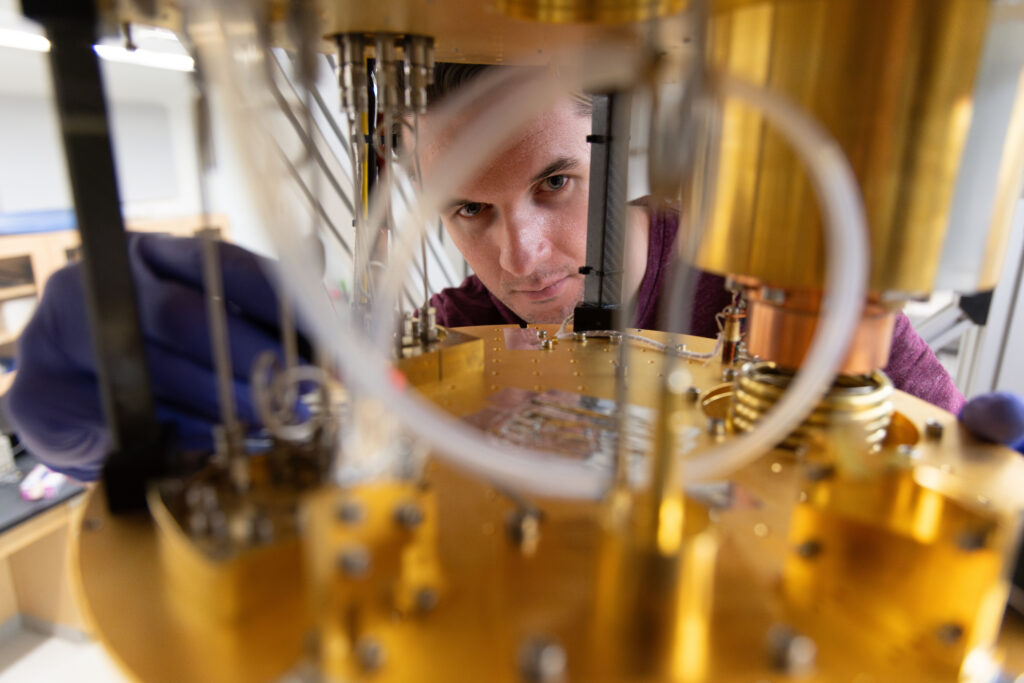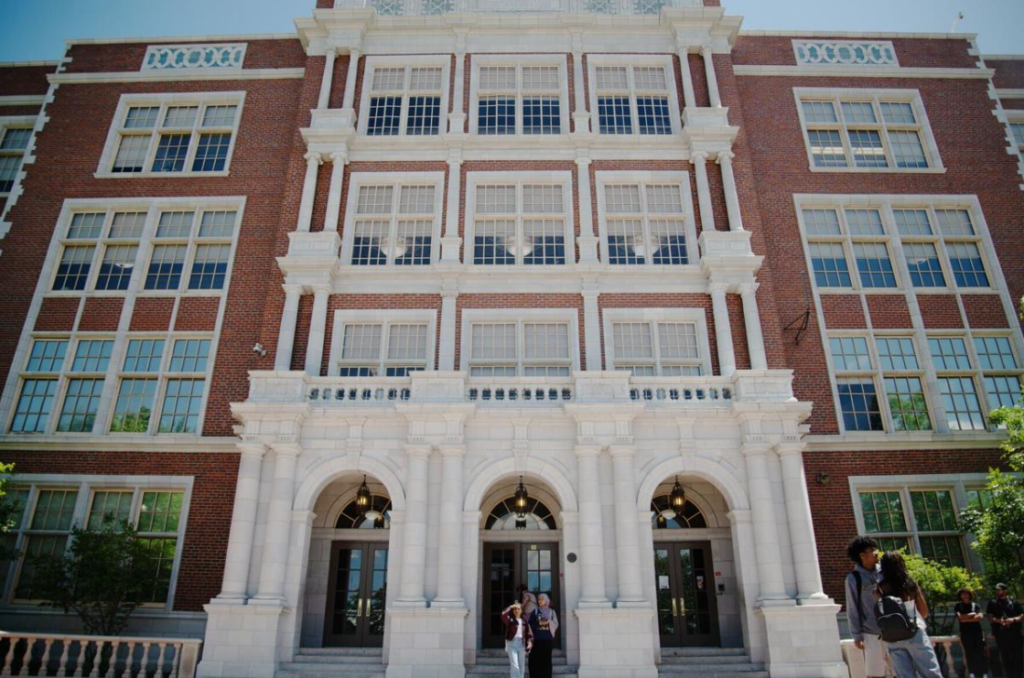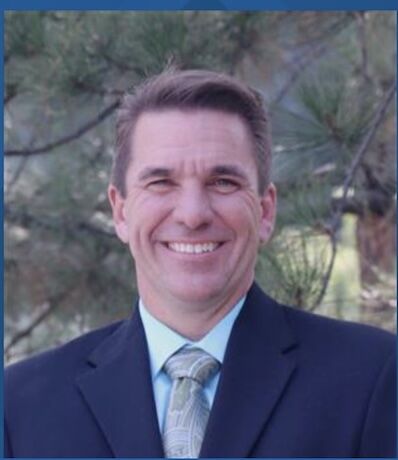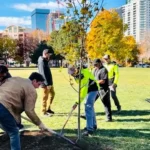Tensions flare in Adams 14 as school board member films speakers during public comment
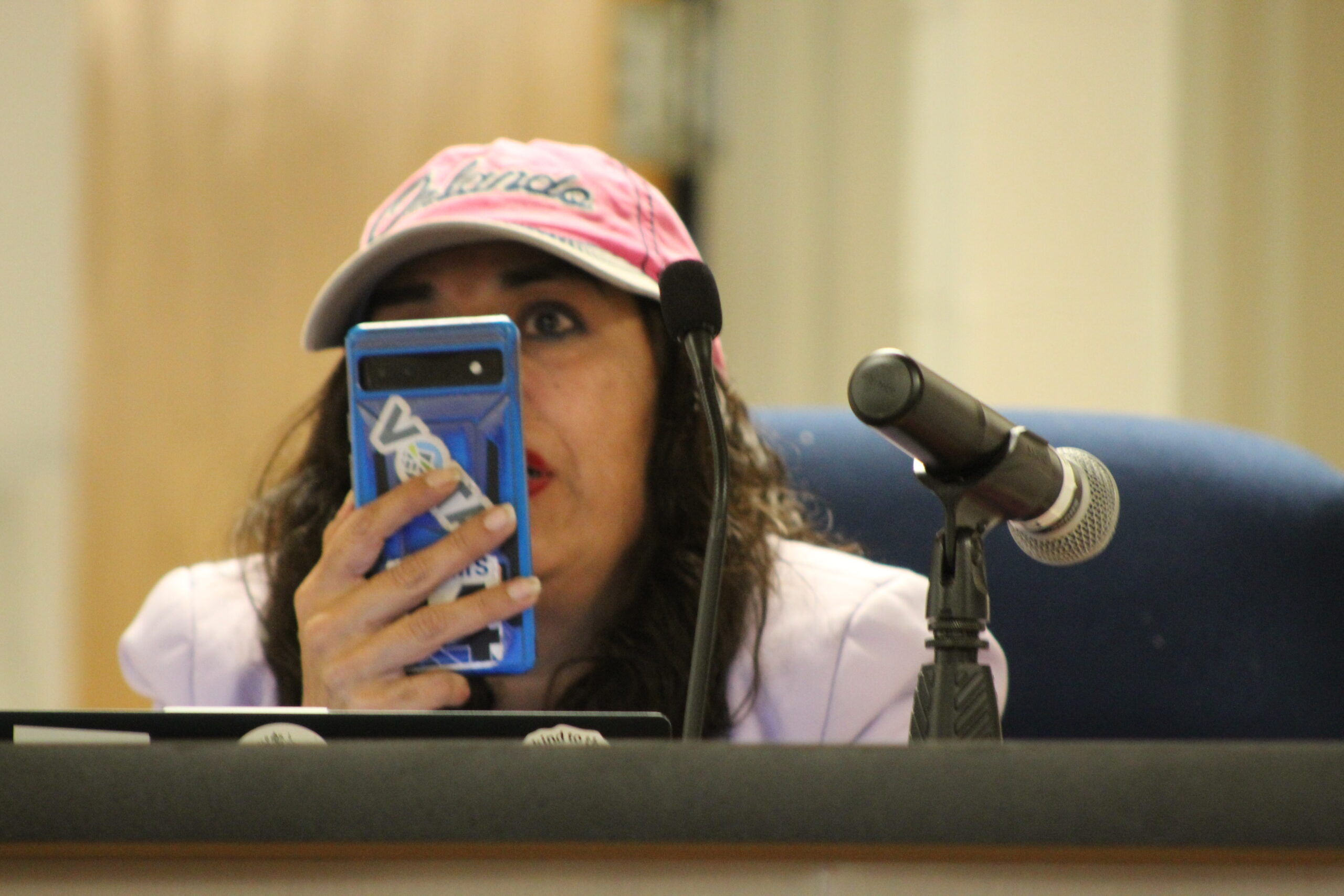
As Nicholas Hernandez approached the podium to speak during public comment, Adams 14 School Board Director Luz “Lucy” Molina-Aguayo pulled out her cellphone and began filming.
She did the same when others spoke during an Oct. 21 meeting, including former candidate Brandi Valdez — who, at the time, was running for an at-large seat on the board.
At times, Molina appeared to speak into her phone while recording.
A board member’s decision to film public speakers — many critical of district decisions — is stirring debate over transparency, intimidation and the fragile trust between Adams County School District 14 (Adams 14) leaders and their community.
Chief Legal Counsel Joseph Salazar and Board President Reneé Lovato both noted that district policies do not prohibit a director from recording individual speakers.
Lovato, though, declined to say whether she supported Molina’s actions.
“Board meetings are public meetings and are recorded,” Jackie Ramirez, a district spokesperson, said in an email to The Denver Gazette. “Both audience members and members of the Board of Education have a right to record public meetings. The Board will not comment about whether someone feels ‘intimidated’ about being recorded at a public recorded meeting.”
Although Adams 14 has the equipment to video record meetings, and have done so in the past, officials said the district keeps only an audio recording of its meetings.
Most school districts in the metro Denver area (including Adams 12, Aurora, Cherry Creek, Denver, Douglas County and Jeffco) not only record their meetings but also post those recordings online for the public to view.
In Adams 14, accessing an audio recording of a board meeting requires a Colorado Open Records Act request.
Parents said they record the meetings — which are often sparsely attended — because the district does not make its recordings easily accessible to the public.
Audience members called the tactic by Molina intimidating.
“It feels really disrespectful to be on her phone talking,” said Hernandez, who is the co-founder and executive director of Transform Education Now (TEN).
A Colorado-based nonprofit, TEN is focused on ensuring every student receives a “world class education,” according to the group’s website.
Hernandez added: “It’s an intimidation factor.”
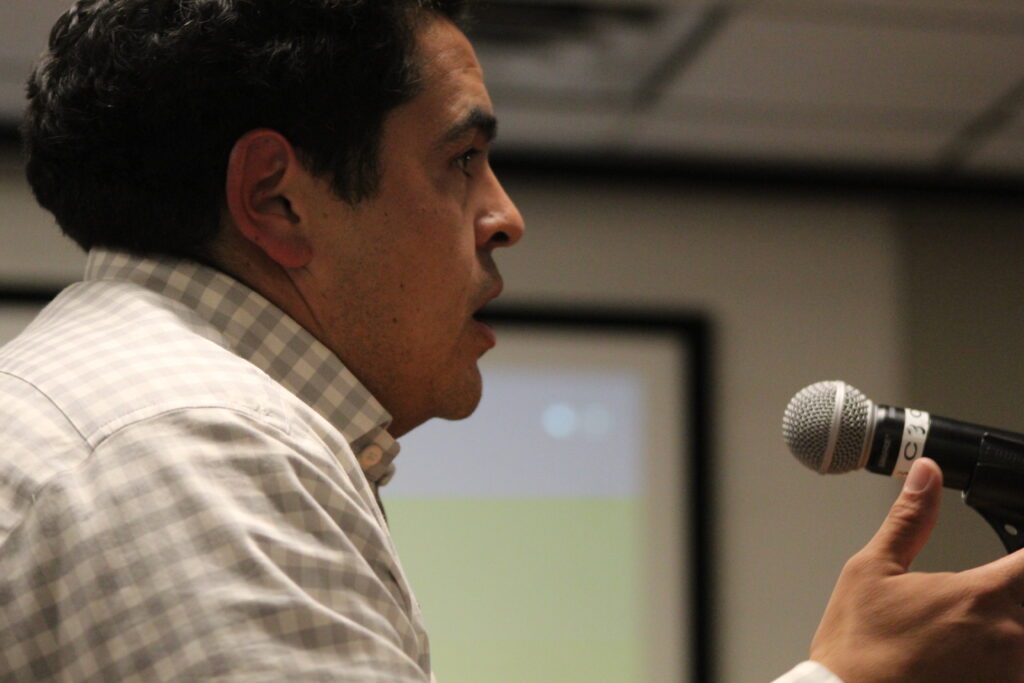
Videos have become commonplace with the proliferation of cellphones. The question isn’t one of legality — it was a public meeting — but of perception: whether a board member’s recording of critics can be seen as threatening.
“Politically, it certainly can come off as intimidating and may have a chilling effect,” said Robert Preuhs, a political science professor and department chair at Metropolitan State University of Denver.
‘THEY DID IT TO ME’
Molina’s decision to film speakers underscores the growing distrust and escalating tensions that have come to define the Adams 14 board meetings, reflecting the fraught relationship between elected officials and community critics in a district still rebuilding after years of state oversight.
Molina defended her actions, offering multiple explanations, among them that the recordings are to document her experiences for a film project.
She also described a political conspiracy to undermine her reputation.
“Why do I record? Because they did it to me,” Molina told The Denver Gazette after the Oct. 21 meeting.
A community organizer first appointed to the board in 2022, Molina was elected unopposed the following year.
Adams 14, which serves more than 5,000 students across 12 schools, has struggled with poor academic outcomes.
Three years ago, the Colorado State Board of Education took the unprecedented step of ordering Adams 14 to reorganize — which could have led to dissolution or a takeover by a neighboring district — after the district continued to post the state’s lowest test scores for more than a decade.
Fifteen months later, the state board of education reversed its action.
The recording dispute isn’t the first time Molina’s interactions with parents have drawn criticism.
During an Aug. 19 board meeting, Hernandez captured a photo from the back of the room that appears to show Molina making an obscene gesture toward audience members from the dais — a gesture similar to one she has posted in photos on her social media accounts.
Molina did not respond to a Denver Gazette inquiry about the photo.
District officials, however, disputed the photo’s authenticity.
“The Board does not comment on speculation or on photos that may be altered or are taken in a split second,” Ramirez said in a statement. “By policy, Board members are expected to act with professionalism.”
Molina’s behavior also apparently extends to social media.
In a post explaining her connection to TEN, former board candidate Leona Pacheco recounted her grandchild’s suicide attempt after allegedly being bullied at an Adams 14 school.
TEN helped Pacheco’s grandchild transfer to a Denver school through a ride-sharing program that provided transportation for Adams 14 students attending schools in other districts, an effort launched in response to the district’s chronically low academic performance. Molina and the teachers’ union have been critical of the Walton Family Foundation’s funding for the program, which they view as outside influence in local education politics. TEN supported Pacheco in her unsuccessful bid for the school board, and her post came just 10 days before the election.
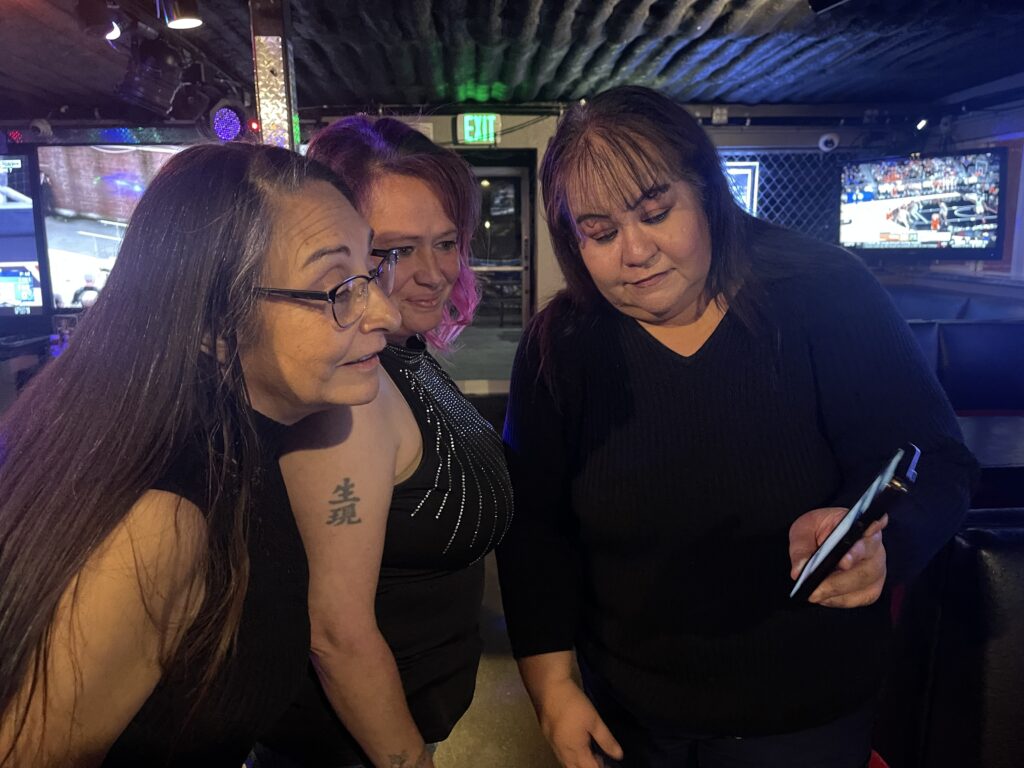
Molina responded to Pacheco’s post with a laughing emoji.
“For her to laugh, that’s disgusting,” Pacheco said. “It’s a shame this is who we rely on as a school board member.”
Ramirez declined to comment on that accusation.







